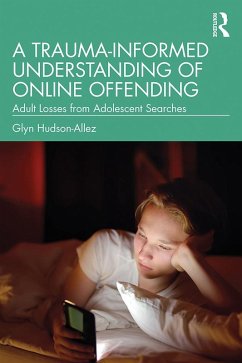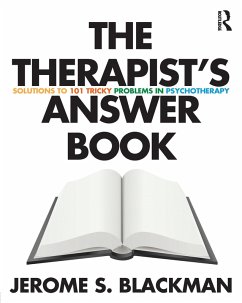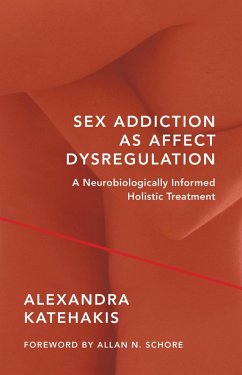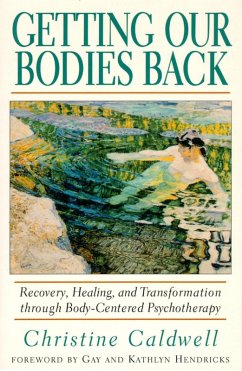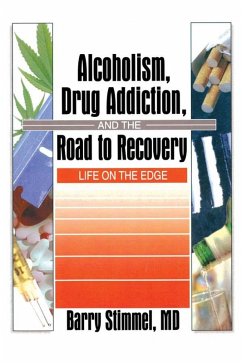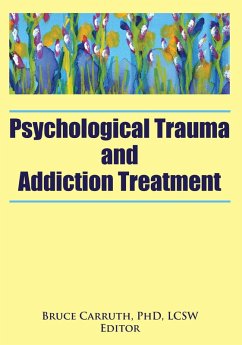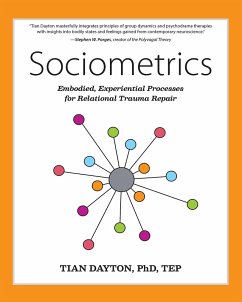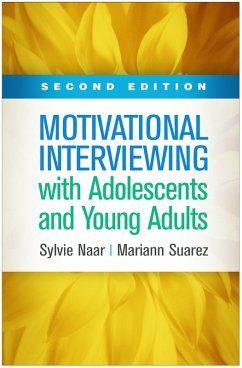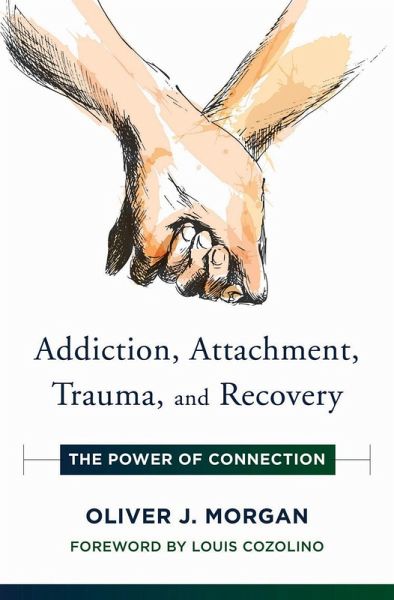
Addiction, Attachment, Trauma and Recovery (eBook, ePUB)
The Power of Connection

PAYBACK Punkte
12 °P sammeln!
2020 Award Winner for the Independent Press Award in the category of Addiction & Recovery.A new model of addiction that incorporates neurobiology, social relationships, and ecological systems.Understanding addiction is no longer just about understanding neurons or genes, broken brain functioning, learning, or faulty choices. Oliver J. Morgan provides a fresh take on addiction and recovery by presenting a more inclusive framework than traditional understanding. Cutting- edge work in attachment, interpersonal neurobiology, and trauma is integrated with ecological- systems thinking to provide a c...
2020 Award Winner for the Independent Press Award in the category of Addiction & Recovery.
A new model of addiction that incorporates neurobiology, social relationships, and ecological systems.
Understanding addiction is no longer just about understanding neurons or genes, broken brain functioning, learning, or faulty choices. Oliver J. Morgan provides a fresh take on addiction and recovery by presenting a more inclusive framework than traditional understanding. Cutting- edge work in attachment, interpersonal neurobiology, and trauma is integrated with ecological- systems thinking to provide a consilient and comprehensive picture of addiction.
Humans are born into connection and require nourishing relationships for healthy living. Adversities, however, bring fragmentation and create the conditions for ill health. They create vulnerabilities. In order to cope, individuals can turn to alternatives, substitute relationships that ease the pain of disconnection. These can become addictions.
Addiction, Attachment, Trauma, and Recovery presents a model, a method, and a mandate. This new focus calls for change in the established ways we think and behave about addiction and recovery. It reorients understanding and clinical practice for mental health and addiction counselors, psychologists, and social workers, as well as for addicts and those who love them.
A new model of addiction that incorporates neurobiology, social relationships, and ecological systems.
Understanding addiction is no longer just about understanding neurons or genes, broken brain functioning, learning, or faulty choices. Oliver J. Morgan provides a fresh take on addiction and recovery by presenting a more inclusive framework than traditional understanding. Cutting- edge work in attachment, interpersonal neurobiology, and trauma is integrated with ecological- systems thinking to provide a consilient and comprehensive picture of addiction.
Humans are born into connection and require nourishing relationships for healthy living. Adversities, however, bring fragmentation and create the conditions for ill health. They create vulnerabilities. In order to cope, individuals can turn to alternatives, substitute relationships that ease the pain of disconnection. These can become addictions.
Addiction, Attachment, Trauma, and Recovery presents a model, a method, and a mandate. This new focus calls for change in the established ways we think and behave about addiction and recovery. It reorients understanding and clinical practice for mental health and addiction counselors, psychologists, and social workers, as well as for addicts and those who love them.
Dieser Download kann aus rechtlichen Gründen nur mit Rechnungsadresse in A, D ausgeliefert werden.




